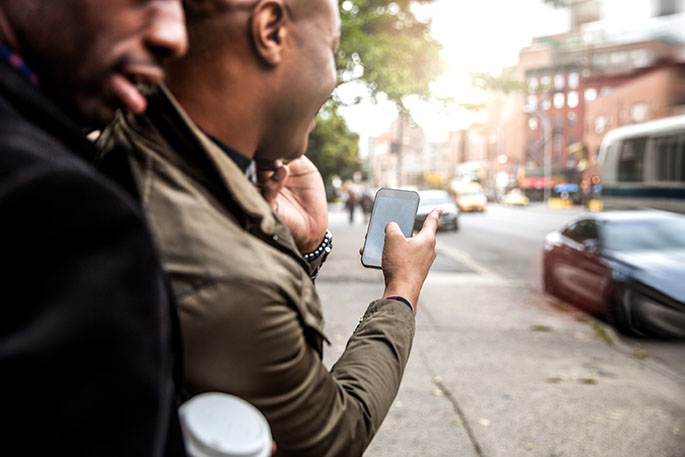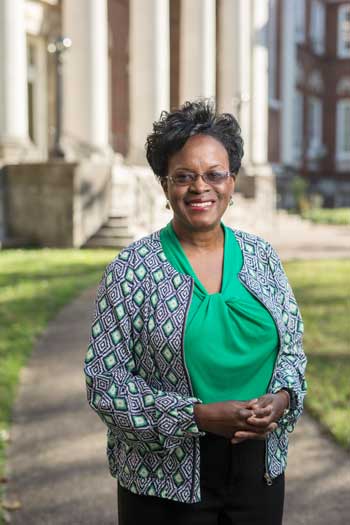
Black Men Who Have Sex With Men, or BMSM, have been the subject of much research focused on health disparities in HIV occurrence, stigma and mental health. Fewer studies focus on other salient areas of their lives, such as spirituality, religious practices and social support.

Church and spirituality are important to this population, even when traditional houses of worship are not accepting of them, says Sandra L. Barnes, professor of human and organizational development at Vanderbilt’s Peabody College of education and human development. In Barnes’ new study, published in Journal of Homosexuality, she convened a focus group of young BMSM who reside in a metropolitan city in Tennessee.
After describing some of the challenges they face daily, participants described various ways they seek comfort, emotional safety and solace. One of these was the Black Church. Respondents reported that involvement in church, as well as relationships with specific religious leaders has enabled them to be adaptive and resilient as they face challenges tied to their race, sexual orientation, age, and, in many instances, socioeconomic status.
“The reliance on religion, particularly church involvement, is especially interesting among young BMSM in this study because of the stigma that certain religious institutions continue to have toward homosexuality,” Barnes says. “This finding illustrates the complicated role that religion and the Black Church play in the lives of BMSM.”
BMSM also felt comfortable questioning the Black Church’s ability to meet their varied needs and felt empowered to seek support outside church walls. Online spiritual resources were a natural extension of existing social media that is already central to the personal and professional networks of many young BMSM.
“This finding illustrates the complicated role that religion and the Black Church play in the lives of BMSM.”
–Sandra L. Barnes
“Quite possibly one of the most notable results that emerged in this analysis is the influence of social media and virtual outlets to meet religious and/or spiritual needs,” Barnes says. “Virtual worship and YouTube religious events may provide safe spaces and enable young BMSM to avoid stigma, maintain their anonymity, and control their level of engagement. Yet when they result in isolation, they can also undermine friendship- and relationship-building they desperately desire.”
Based on their candid responses, providing effective social support for young BMSM will require allies, both individuals and organizations across generations, to strategically and proactively collaborate with members of this demographic to holistically meet their varied spiritual and nonspiritual needs, Barnes believes.
“The respondents seem to welcome religious guidance to help them lead positive lives as more loving people, better citizens and community servants,” Barnes says. “For them, one’s sexual orientation does not preclude godly living.”
More about the study
- Coauthor: Charrise Hollingsworth, Ph.D. student, Vanderbilt’s Peabody College
- Read “Spirituality and Social Media: The Search for Support Among Black Men Who Have Sex With Men in Tennessee.”
- This study is supported by the U.S. Department of Health and Human Services: Substance Abuse and Mental Health Services Administration, Center for Substance Abuse Prevention.
- Visit Sandra L. Barnes’ website.